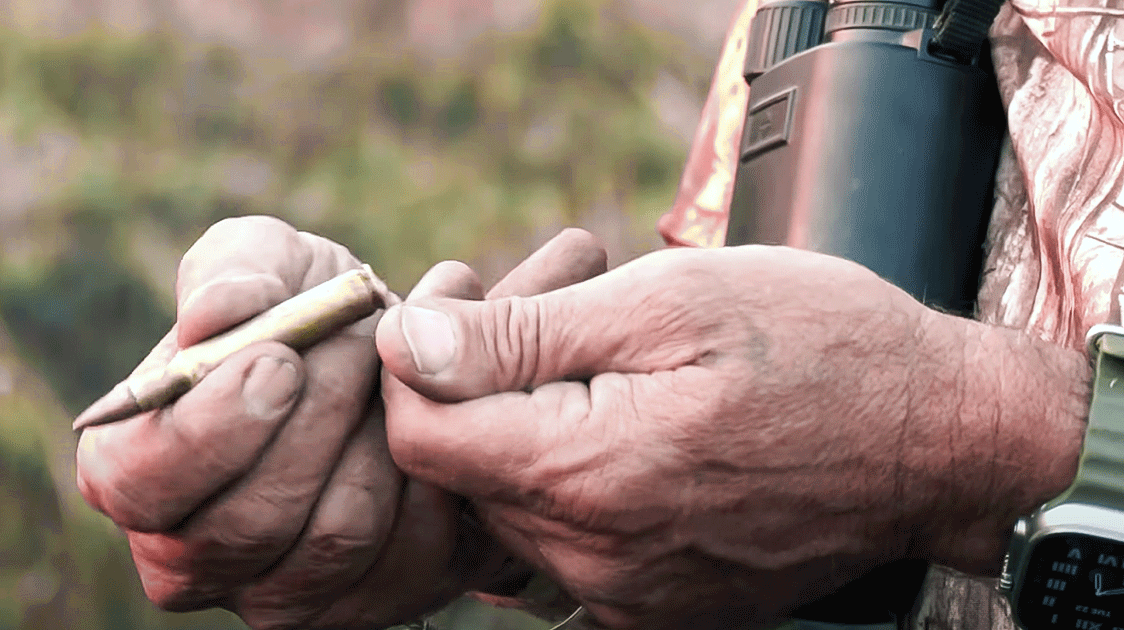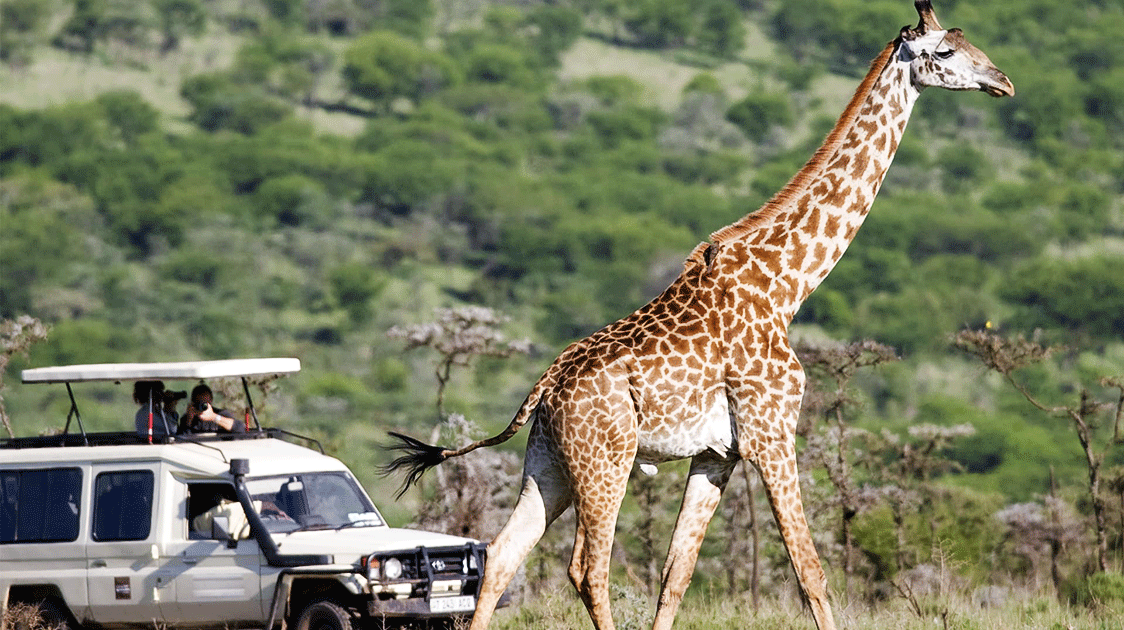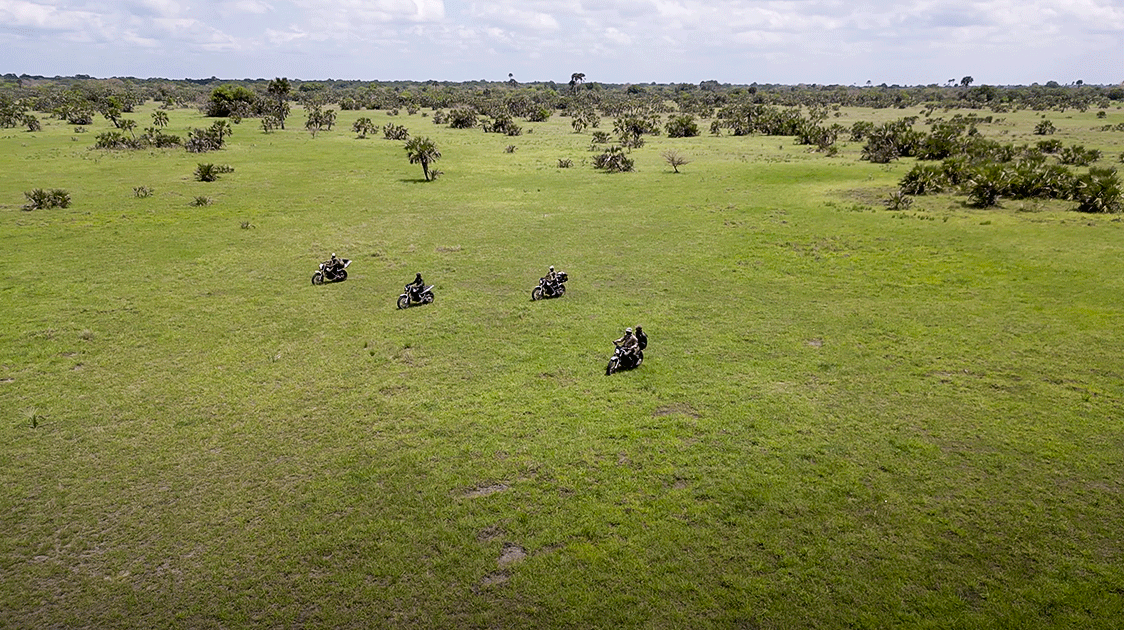The Robin Hood Effect

By Prof Brian Child
English nobility took away land, forest, and game (the King's Game) from the “Robin Hoods”.
And criminalized the lifestyle.
This happened again in North America.
Europeans displaced the local systems for governing wildlife (not to mention the people).
They basically broke the store down, and when everyone rushed in, they blamed the greedy hunters and markets and are still doing so today (demand reduction).
This is why conservation policy is so incoherent.
The broken store (and abuse of local storekeepers) is the problem, and the market is irrelevant until that's fixed.
Thus Sustainable Use, or at least sustainable governance, is about building back the store to produce and ration wildlife use.
It's first and foremost about human rights and property rights, including rights of use, exclusion and trade.
However, "conservationists" don't understand this.
Their reason for being is to say NO.
They even define protected areas in this way (no hunting, no living inside), not by what protected areas should deliver.
The incoherent obsession with markets and trade - and stopping it, is essentially extracting even more rights from the local shopkeepers.
It's saying, look after the store for global benefit, but you can't sell anything to actually pay for this.
Result of incoherence (not to mention injustice and perhaps even genocide) - we've lost 75% of high-value wildlife.
Still, the perpetrators of NO have captured global biodiversity financial flows that are supposed to fix the problem but are making it worse.
Roughly estimated values in Southern Africa:
- Wildlife products (elephant, rhino, etc.) valued at $1 billion, half to landholders. Banned.
- Hunting $500m, 40% to landholders. Under pressure.
- Tourism $1-2 billion, 4% to landholders.
Other uses - loved by NGOs with free money, but the private sector doesn't bother with them.
This is a huge opportunity cost exceeded only by the emptiness of the promises about willingness to pay.
Further, as Africans lose the commercial value of their wildlife and depend on charity (usually not forthcoming), they become powerless beggars.
The irony is, this allows the failed exclusionary conservation philosophy to capture the money and re-exert a conservation strategy that is socially questionable (do rural lives matter?) and operationally proven to be unfit for purpose by the data.
(Prof Brian Child is an Associate Professor in the Department of Geography and Center for African Studies at the University of Florida.)




Comments ()